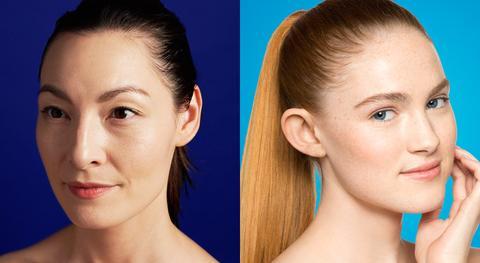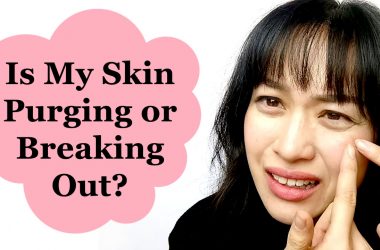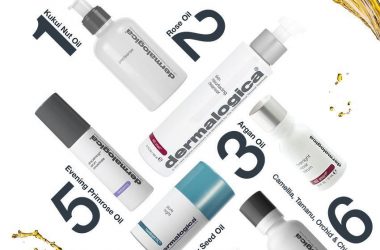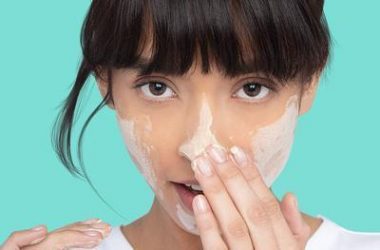What’s the difference between adult acne and teen acne ?
Learn why your skin behaves differently as you age – and how to keep it clear.
story highlights
- Adult skin is less resilient than teen skin, which has a higher cell turnover rate and heals more rapidly.
- Keeping adult skin clear involves focusing on multiple internal and external factors, while keeping teen skin clear involves more focus on cleansing and oil control.
Acne is no fun at any age. But knowing how it behaves in your adult years vs. your teen years can help you stay in the clear.
Table of Contents
Adult acne
Thought you could outgrow acne? If only. In today’s world, chronic stress, hormonal changes, a busy lifestyle and an increasingly polluted environment can lead to more adult acne, congestion and uneven skin tone. In general, skin cell turnover rate slows with age, so adults are slower to heal from breakouts than they were when they were teenagers. This helps explain why post-breakout marks stay around a lot longer than they used to.
Adult acne is also linked to hormonal fluctuations and chronic stress, which are more common among women. Breakouts tend to be inflammatory (red, sensitive) and predominantly located around the mouth, chin and jaw line. Treating adult acne can be challenging because adults also tend to have sensitivity, dehydration, and pigmentation issues that lead to signs of premature aging.
How to clear adult acne:
- Focus on spot treatment and balancing the skin, as well as making sure your other skin care needs are met.
- Avoid “picking” or “squeezing” breakouts at home, which can result in more breakouts, scarring or redness.
- Adult skin can lose its ability to retain moisture with age. Avoid over-drying skin by choosing products that contain less drying ingredients such as Salicylic Acid or Glycolic Acid to help remove dead skin cells, excess oil and dirt, as well as Thymol and Terpineol to control bacteria.
- If you’re combatting signs of skin aging, look for ingredients such as Niacinamide and Hexylresorcinol to help balance uneven skin tone. Retinol – a wrinkle-smoothing ingredient – can also help reduce the appearance of premature aging.
Teen acne
Teen acne is part-genetic, part-hormonal and greatly related to puberty. Teens typically break out on the face, chest and back, and have more blackheads and whiteheads than adults do. Such breakouts often arise because androgens, the “male” hormones that both guys and girls have, surge during adolescence, causing excess production of sebum.
Teens have faster cell turnover and more resilient skin than adults, which means they recover quickly from breakouts. After the teen years, acne tends to improve because teen hormonal changes have leveled off and no longer fuel breakouts.
How to clear teen acne:
- Focus on learning and maintaining good skin care habits because you will be more prone to acne in the future.
- Avoid products that contain pore-clogging ingredients like Lanolin and Mineral Oil. Stripping ingredients such as Alcohol – commonly found in astringent toners – can cause skin to produce more oil, fueling even more breakouts. Artificial fragrances and colors can also further irritate breakout-prone skin.
- Look for ingredients like Salicylic Acid to keep dead skin cells and bacteria from accumulating.
- Moisturize and wear SPF daily. Dehydration and environmental stress can trigger more sebum production and make existing breakouts look worse. Even if your skin seems oily, use an oil-free SPF moisturizer to help protect and balance your skin.
- If you’re combatting signs of skin aging, look for ingredients such as Niacinamide and Hexylresorcinol to help balance uneven skin tone. Retinol – a wrinkle-smoothing ingredient – can also help reduce the appearance of premature aging.
What products we recommend?
Rejuvenating set can be a reasonable solutions for acne problem. It has usually the required products to cleanse your skin from the bacteria that causes acne, remove deep seated dirt underneath skin, peel dead skin cells and prompt skin turnover and protect your skin from harmful sun rays.
Visit our Facebook page: https://www.facebook.com/rejuvenatingsts
Need More advice?
Contact us or comment below for more info.




